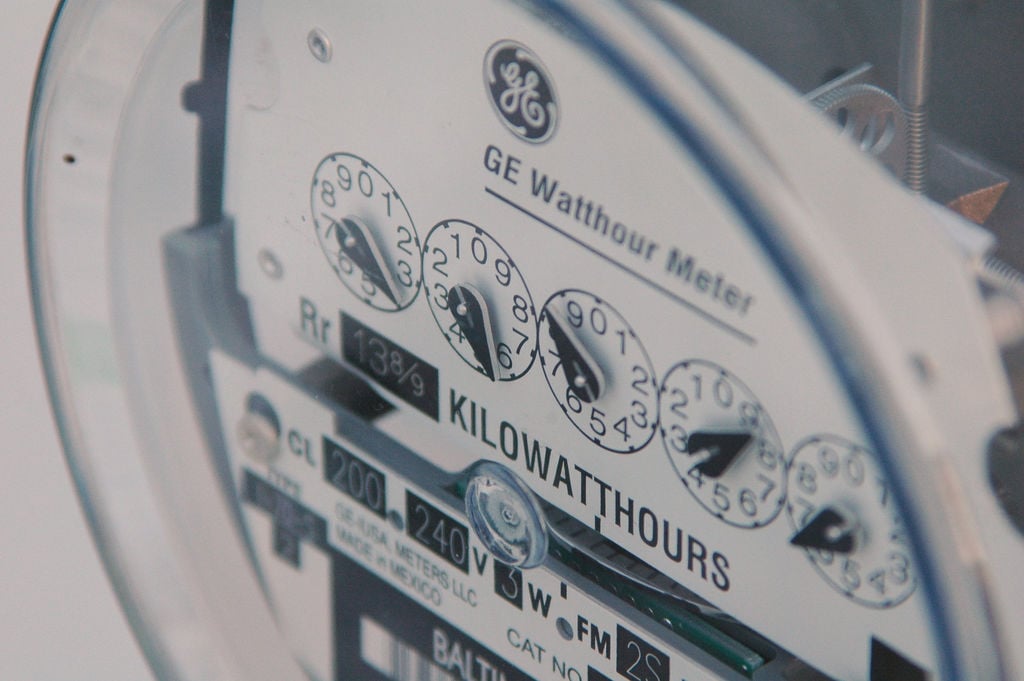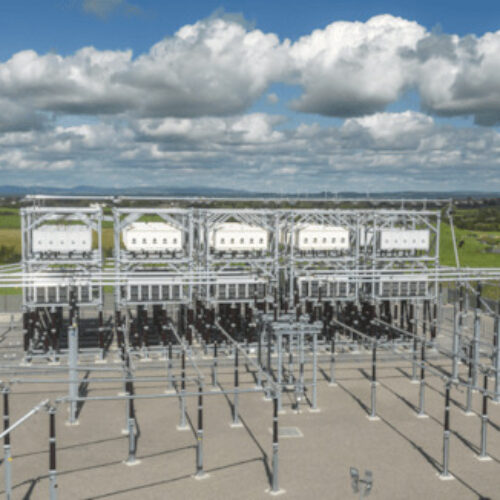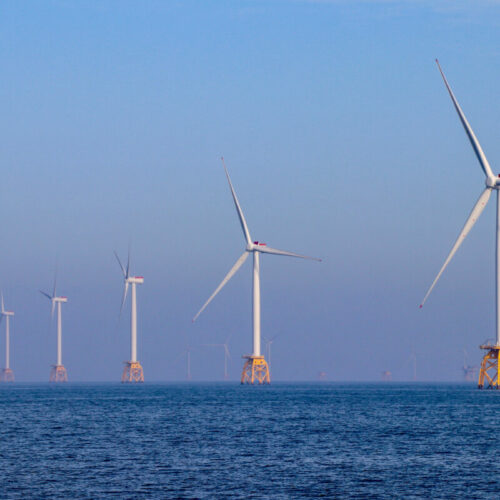The cost of low carbon policies attached to energy bills have had a “limited impact” on the prices paid by business, commercial and industrial customers, the Committee on Climate Change (CCC) has said.
In a report issued late last week, the government’s climate adviser said that despite concerns raised by the business committee regarding such costs, the reality was that low carbon policies had had a “limited impact” on the total costs of production.
The CCC’s analysis found that manufacturing costs attributed to energy had been limited to 0.9% for commercial businesses, 2% for manufacturing entities and 3.8% for manufacturing businesses identified as ‘energy intensive’.
Of those energy costs, just 0.2%, 0.4% and 0.7% respectively were the result of low carbon levies passed on by suppliers.
While the CCC did acknowledge that some outlier companies, particularly those in highly energy intensive industries such as steel, would stand to pay more, however these companies tended to be exempt from paying low carbon policies through government intervention.
The CCC also said that while the UK had higher business energy bills than most of Europe, reducing their competitiveness, differences in low carbon policies could not be used to explain the difference in electricity prices.
These variances, the CCC concluded, stemmed “primarily” from higher wholesale and network costs.
Bills do, however, stand to increase in the future as more policy-supported electricity generators come on stream, particularly more significant plants in the offshore wind and nuclear categories.
Commercial, manufacturing and energy intensive manufacturing could see the percentage of energy costs attributable to low carbon policies increase to 0.5%, 1% and 1.6% respectively, and the CCC has advised firms to invest in energy efficiency technologies now to reduce their exposure to such increases.
“Firms could cut these costs by improving energy efficiency, for example the Committee’s scenarios to meet the fifth carbon budget involve measures to reduce business electricity use by around 15%,” the report said.
Iain Wright, chair of the business, energy and industrial strategy select committee, warned that energy companies were “too quick to blame” green policies for price increases, but also stressed that the government must continue to be mindful of their impact on business.
“The government must also be mindful of the burden that decarbonisation policies can place on businesses and ensure that they are able to remain competitive. There are enormous opportunities in the UK moving to a low carbon economy and ministers must take maximum advantage of these by making the transition integral to its Industrial Strategy,” he added.





